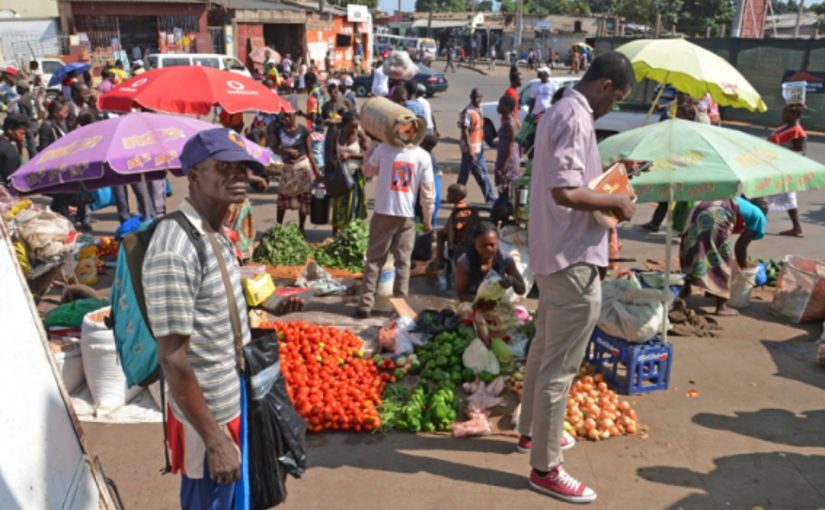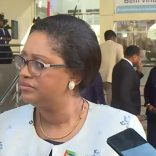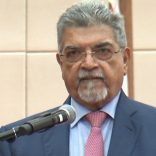Mozambique: President wants fewer trucks, more trains to port of Maputo - Watch
World Bank warns of weak export capacity and other challenges ahead of Mozambique

Citing a survey on Mozambican companies in the manufacturing sector, the World Bank’s Carolin Geginat notes with dismay that only three percent of them are exporters. Indeed, the World Bank considers that Mozambican companies’ weak export capacity is one of the main challenges for the national economy.
“Diversification of export products is limited. In 2011, Mozambique scored only 0.73 in the index of export diversification. This means that the country is far below the world average,” Geginat said.
Speaking this week at a Standard Bank conference, Geginat noted that in a total of 128 economies in the 2016 Global Innovation Index, Mozambique ranked only 84th, and 100th in terms of Use of Information and Communication Technologies (ICT) and Creation of Business Models.
Reflecting on the private sector in Mozambique, Geginat noted that the Regional Economic Outlook report published by the International Monetary Fund last April pointed out that, between 2010 and 2014, about 40 percent of the Mozambique gross domestic product was produced by the informal sector.
“Between 70 and 80 percent of the workforce in the country is in the informal sector which, unfortunately, tends to be less productive due to lack of access to formal and skilled labour financing,” she stressed.
Even in the formal private sector, three quarters of the companies formally registered in Mozambique in 2015 had less than 5 employees, Geginat said.
“Taken together, these companies generated only 16 percent of total revenues and 13 percent of total formal employment.”
Digging deeper, Geginat noted that 70 percent of revenue, employment and value-added was created by only 7 percent of all companies, mainly the largest and those operating in the extractive sector.
To reverse this scenario, Geginat said it, among other things, would be necessary to invest in infrastructure and skills, create the conditions for greater access to finance, and reduce bureaucracy.
Regarding the need to focus on the development of infrastructure and skills, Geginat said that Mozambique currently registered low scores in the provision of infrastructure, education, innovation and business sophistication in the World Economic Forum Global Index on Competitiveness.
“By 2014, only 21 percent of the population had access to electricity. Rural transport is lagging, even by African standards. Irrigation coverage is low, since around the country there are about 180,000 hectares equipped with irrigation infrastructures, only half of which is actually being used. Despite the increasing resources for the education sector and an increase in enrolment rates, the quality of education remains a concern,” she said.
Regarding access to finance, Geginat said that banks were reluctant to lend due to lack of information to distinguish good from bad payers. “The few companies that can get financing face high costs and interest rates on bank loans are currently in the region of 29 percent,” she said.












Leave a Reply
Be the First to Comment!
You must be logged in to post a comment.
You must be logged in to post a comment.